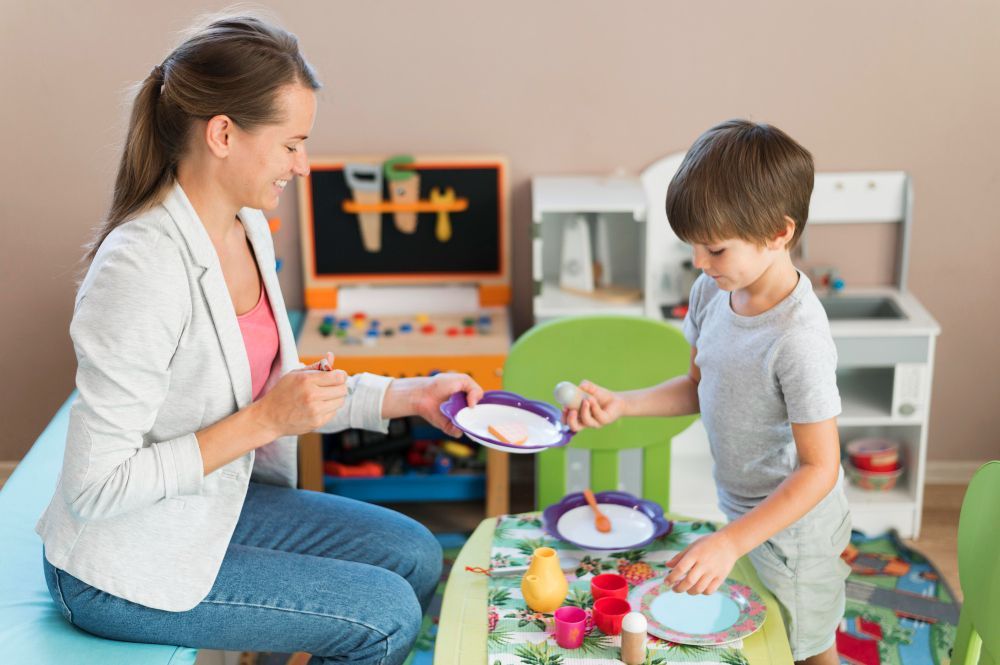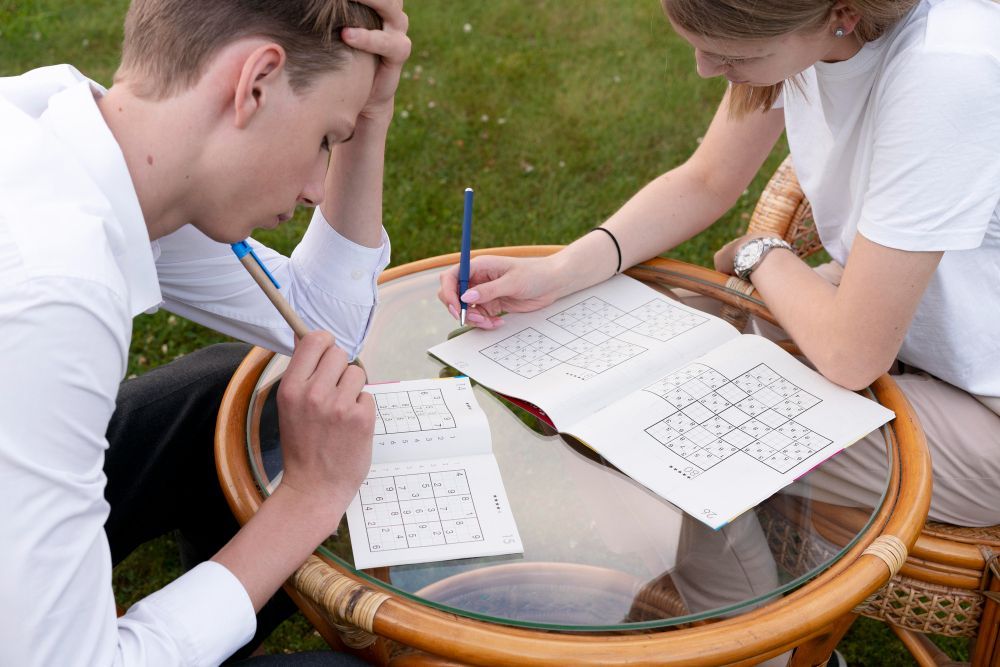Choosing the Problem You Want to Solve During a Parenting Moment
Share this article:

A while back my son came home from school and began telling a convoluted story of how he “chose” to go to the principal’s office at school so he could calm his emotions and behaviors. As he was telling me this story, an email from his teacher arrived detailing how he had struggled to regulate his emotions during recess and was sent to the principal’s office for kicking a peer. I found myself in a parenting moment where I had to decide: what is the problem that I need to solve?
As parents, there are so many teaching styles to choose from and so many teachable moments that occur. In this case, I could focus on the lie my son told me. I could also elect to focus on the behavior of kicking his friend by giving a lecture about how bad it is to hurt others, but I know he understands this family value. The problem that I needed to solve and the option I decided to focus on was what I want him to do differently next time. Specifically, how he is going to repair a relationship he might have broken.
Later at the end of dinner, I let my son know we needed to have a quick 10 minute talk. Immediately, he looked at me with eyes full of guilt, but I reassured him that he was not in trouble and we simply just needed to talk. He asked if he could play for 5 minutes first before our conversation, so I set a timer. Once the timer went off, I made sure my son was comfortable while having this uncomfortable conversation with me, so I grabbed him a small snack. We spoke about the incident at school and knowing he was not in trouble he gave me more details of what led up to losing his temper and how he let his anger take over.
After asking him how he was feeling now, he responded that he was nervous to see his friend again. To avoid this happening in the future, we discussed how he needs to react when he starts to lose his temper. His idea was to ask his friends to take a break or go get a drink of water. Knowing we had set up a good plan for the future, we both decided that the best thing I could do to help him in the moment was send his plan to his teacher so they could follow up together in the morning. But you may ask, what did he learn from this? He isn’t even in trouble? Where is his consequence? To which I point you back to my parenting focus, “what I want him to do differently next time and how he is going to repair a relationship he might have broken”.
In his conversation with me, he came up with a plan on his own of how he would like to regulate his emotions the next time an incident like this occurs. When a person, regardless of age, makes a plan, they are more likely to follow that plan over one that was given to them. He also decided on his own that he wanted to write an apology note to his friend. In essence, he gave himself a consequence, but more importantly, he took accountability for his actions. He did not need me to force him to apologize; instead, he felt genuine remorse and fixed what he broke. He also learned that his parents are a safe place to talk about his mistakes and problem-solve ways to work through that mistake. This is so important because he is a human being and human beings make mistakes.
The next time a parenting moment emerges for you, take a moment and decide the problem you want to solve with your child. Create a safe space where you and your child can stay emotionally regulated and work through the problem together. I bet you will be pleasantly surprised how much your child is already taking in and working through their mistakes on their own.

Christina can be reached by phone at 630.718.0717, ext. 215 or email christina@fvinstitute.com. For immediate assistance to schedule an appointment, please connect with one of our Client Care Specialists at 630.718.0717, ext. 240.
Connect with Us:
Connect with Us:



